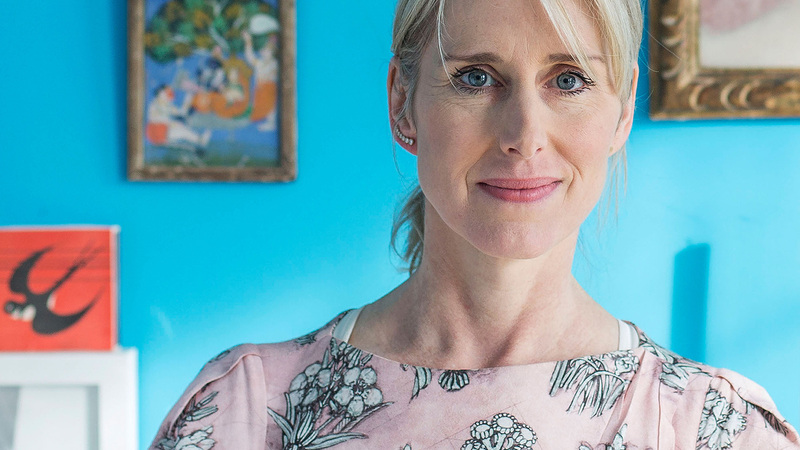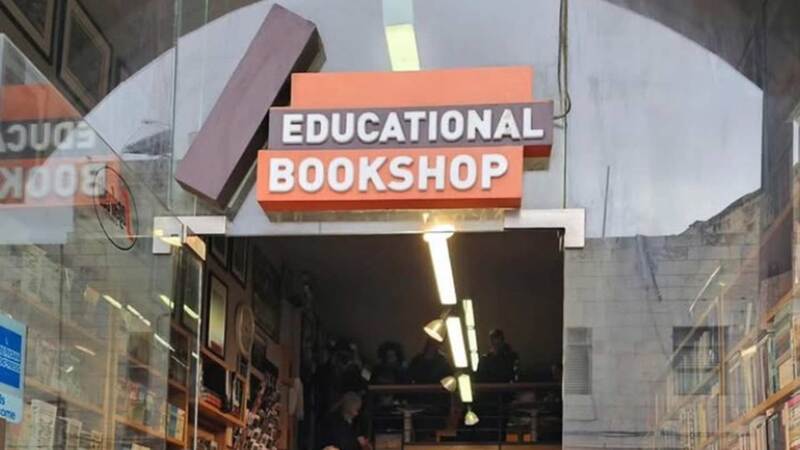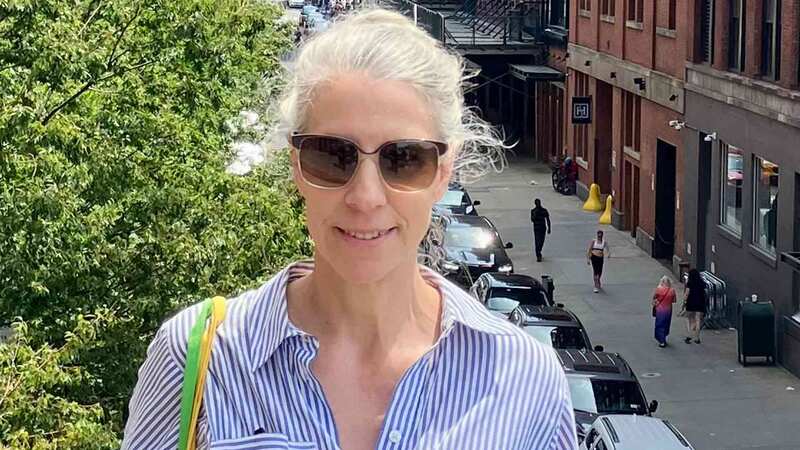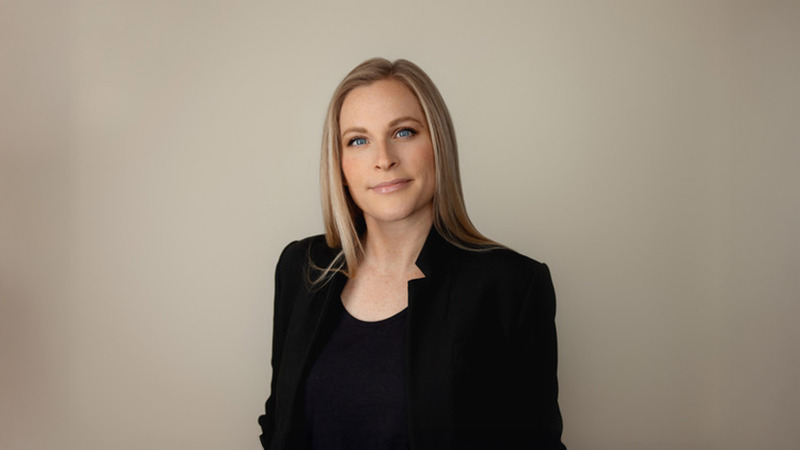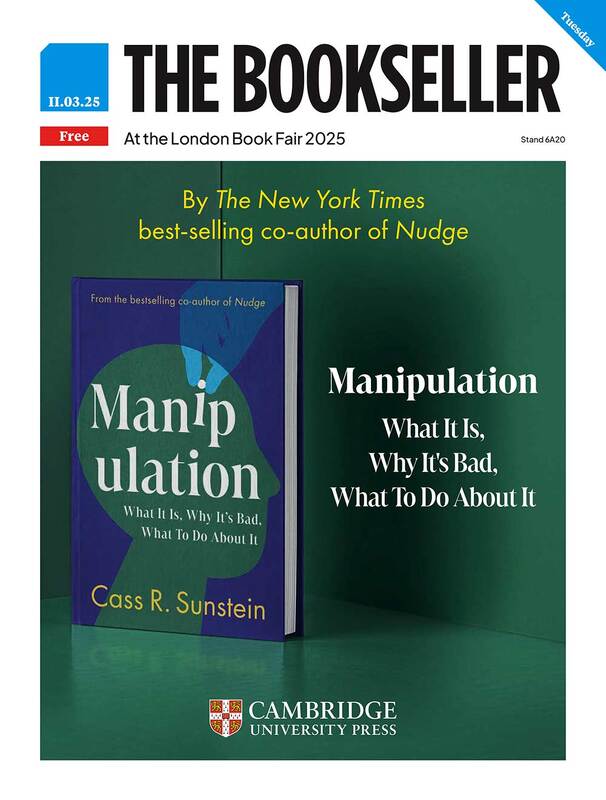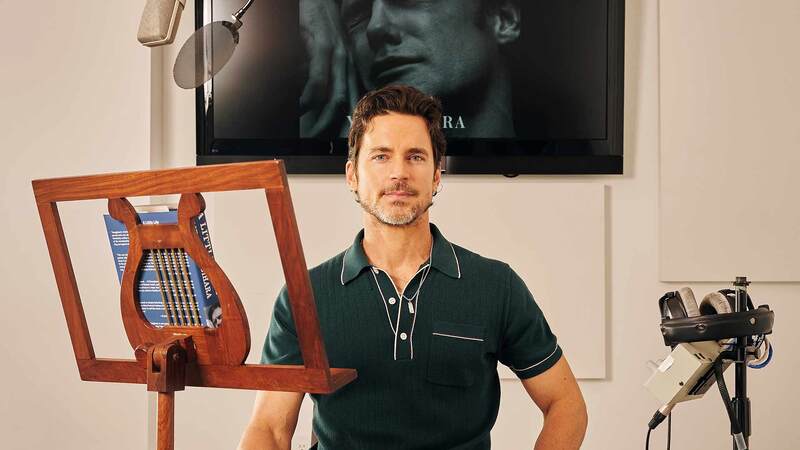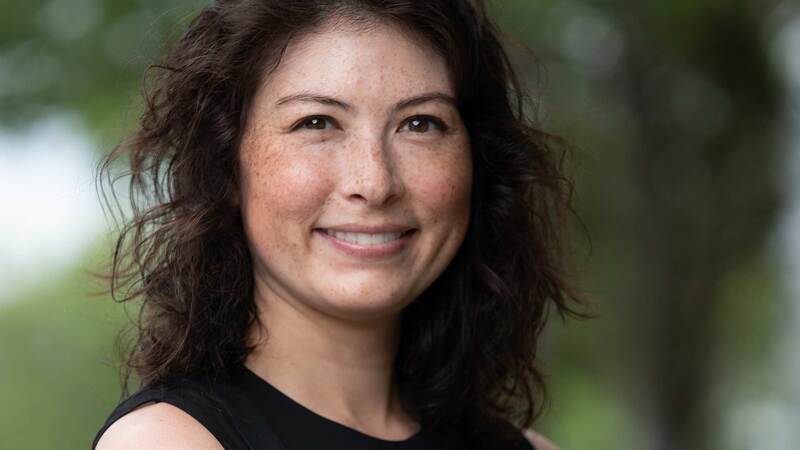You are viewing your 1 free article this month. Login to read more articles.
Picador publisher Gwyn Jones apologises after Clanchy remarks reignite criticism
Picador publisher Philip Gwyn Jones has apologised for putting “the spotlight back on people Picador promised to support and protect” after comments he made about Kate Clanchy’s book Some Kids I Taught and What They Taught Me sparked fresh criticism on social media.
Gwyn Jones made the comments in a Telegraph article on 26th November entitled “The crisis at the heart of literary fiction” in which journalist Claire Allfree argued identity politics and sensitivity readers were dividing the industry. In it, Gwyn Jones referred to the condemnation of Clanchy’s book that erupted earlier this year for its use of racialised stereotypes to describe children and problematic language when describing autistic pupils and other youngsters.
He told the paper: “If I have regrets about our conduct during the Clanchy affair, it’s that we weren’t clear enough in our support for the author and her rights, as well as our condemnation of any trolling, abuse and misinterpretations that happened online. Trying to take the heat and the poison out of those sorts of exchanges on social media, where there is no room for nuance, is a thankless task. The publishing industry has to grasp that nettle and see if it can’t do better to make that a less dangerous space for readers and writers alike.”
In further comments, he also suggested there was an age divide in publishing. He told the paper: “I do worry about some of the younger generation needing to believe that they must politically or morally subscribe to every book they are involved with in the way they do to an opinion on Twitter. That generation has a highly admirably ethical gauge but at its most extreme form, it can be limiting and even totalitarian. That’s to be resisted.”
Gwyn Jones’ comments were widely shared on social media this week with many criticising his stance and questioning why he was raising the issue again, months after Picador and Clanchy had apologised and said they would rewrite parts of the book. Some of the writers who had first criticised Clanchy’s book were subjected to racist abuse online in the days afterwards back in August, something that was condemned by more than 1,000 people in an open letter.
One of those who faced abuse, Professor Sunny Singh, tweeted this week that the press had “diminished, demeaned, dehumanised and demonised” her and colleagues in the wake of the Clanchy criticisms and Gwyn Jones had “chosen to add to this abuse”.
Another critic who faced abuse, author Chimene Suleyman, told The Bookseller: “In a recent meeting I had with Philip Gwyn Jones he said he was committed to change. Clearly this was yet another example of the establishment giving lip-service to marginalised communities, who are viewed as a nuisance for defending our positions in publishing, as well as wider society. Many in the community will continue to look after our peers and readers in the absence of care from our industry leaders.”
On Tuesday night (30th November), Gwyn Jones tweeted he wanted to apologise “unreservedly” for the “hurt” he caused with his remarks. He wrote: “I have put the spotlight back on people Picador promised to support and protect. I was speaking personally; my comments don’t reflect the views of Picador/PanMacmillan.
I want to apologize unreservedly for remarks of mine quoted in the Telegraph and the hurt I caused as a result. I have put the spotlight back on people Picador promised to support & protect. I was speaking personally; my comments don't reflect the views of Picador/PanMacmillan1/4
— Philip Gwyn Jones (@PGJpublishing) November 30, 2021
“I now understand I must use my privileged position as a white middle-class gatekeeper with more awareness to promote diversity, equity, inclusivity, as all UK publishing strives to put right decades of structural inequality. I believe in the crucial necessity of this change.
“I defend the value of good critical authenticity reads for books, and deny they pose any threat to literature. I also believe strongly in freedom of expression, within the legal limits, and the rights of the author. These two things are not opposed or incompatible.
“Again, I am sorry for the hurt I caused. I am wholeheartedly committed to working for ever greater inclusion, equity and diversity in publishing.”
However, his apology was given short shrift by the affected writers. Singh told The Bookseller: “That is not an apology as it does not meaningfully recognise the harm caused, express any credible regret or remorse for that harm, indicate any real learning that has occurred since August 2021 or indeed since the days he made the statement to the Telegraph, or indicate any concrete steps he — or Picador — plan to address that harm.”





